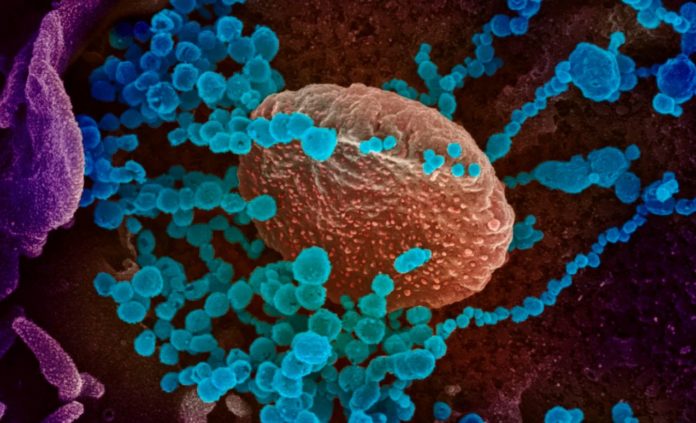One viral protein may hold the key to preventing pneumonia, which is caused by the body’s over-reactive inflammatory reaction to respiratory viruses, such as the virus that causes COVID-19.
The viral protein in question is Respiratory Syncytial Virus (RSV) NS2, and a study discovered that if the virus lacks this protein, the immune system of the human body can eradicate it before extreme inflammation occurs.
RSV, like other respiratory viruses such as the COVID-19-causing SARS-CoV-2 virus, attacks the cells that exchange gases in the lungs and uses them as factories to produce other viruses. Uncontrolled virus proliferation in these cells causes cell death and severe inflammation, as well as lung disorders such as pneumonia and death.
“Exaggerated inflammation clogs the airways and makes breathing difficult,” says Kim Chiok, who led the study. “This is why people who have these long-term and severe inflammatory responses get pneumonia and need help breathing, and it’s why they end up in the hospital in the ICU.”
Chiok and his colleagues at WSU are laying the groundwork for breaking the cycle by figuring out how respiratory viruses like RSV survive in the cell. According to the National Institute of Allergy and Infectious Diseases, RSV causes 160,000 deaths per year, mostly in newborns, children, the elderly, and immune-compromised people.
The study was carried out in the laboratory of Professor Santanu Bose, who is part of WSU’s Veterinary Microbiology and Pathology research section.
The researchers initially discovered the activities of viral proteins by comparing viruses lacking genes that code for particular viral proteins to a wild strain of the virus.
Chiok discovered the viral NS2 protein as a major regulator of autophagy, a cellular mechanism that affects immune response during virus infection. Beclin1 is a cellular protein that regulates autophagy.
When the virus enters the cell, Beclin1 recognizes the threat and removes it. It accomplishes this by a mechanism known as ISGylation, in which it attaches to specific smaller gene proteins. It’s almost as though Beclin1 is donning a suit of armor, according to Chiok.
The study found that RSV’s NS2 protein removes this “armor” from Beclin1, allowing the virus to remain and proliferate within the cell, spreading to adjacent cells and causing damage that triggers an excessive inflammatory response from the body, culminating in airway disorders like pneumonia. Beclin1 consistently destroys viruses that lack the NS2 protein.
“In a way you are disabling NS2’s ability to modulate the cell’s immune defense mechanism,” Chiok adds. “You can use therapeutics to target that protein, and potentially transfer this concept to other respiratory viruses like influenza A virus and SARS-CoV-2.”
Source: 10.1128/mbio.03528-21
You were reading: New study says human respiratory viruses that hijack immune mechanisms could have Achilles’ heel
